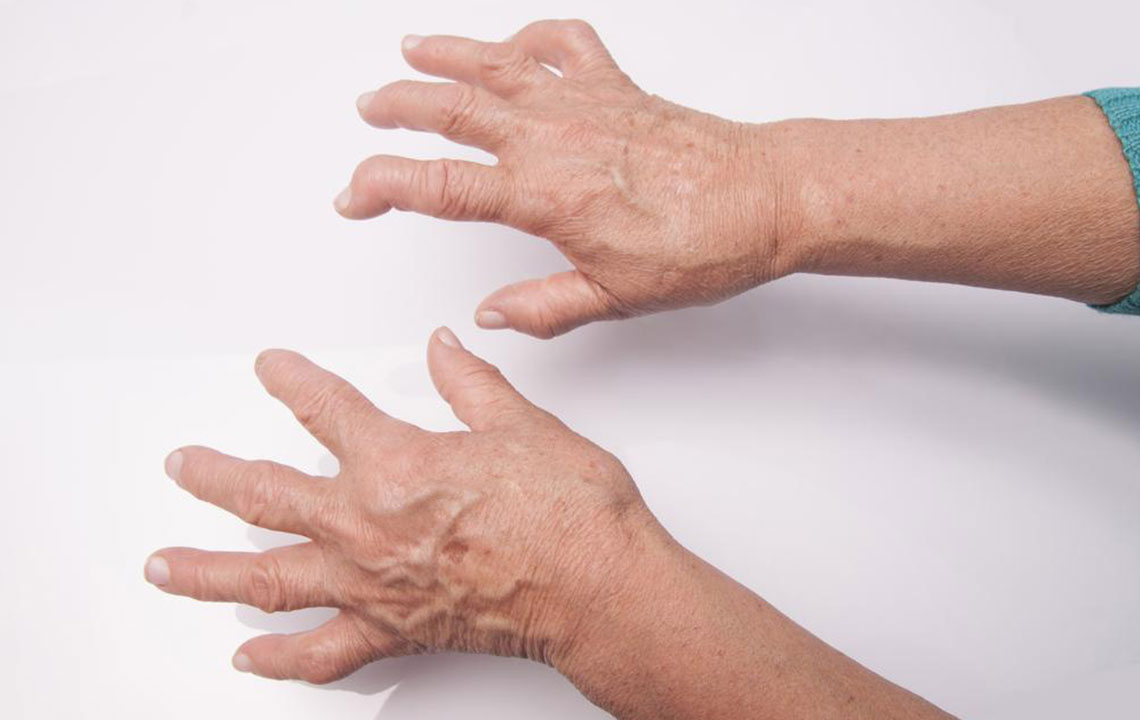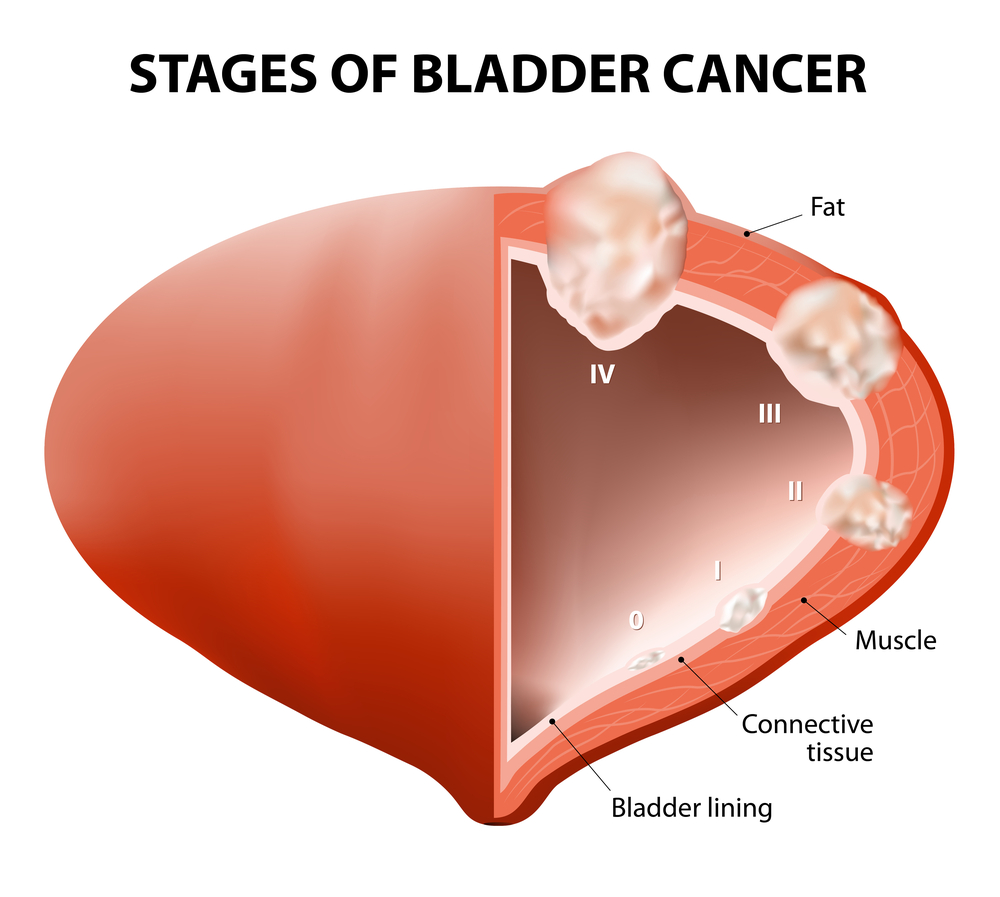Debunking Myths About Prostate Cancer
This article clarifies common misconceptions about prostate cancer, emphasizing early detection, testing methods, and facts vs. myths. It aims to educate men and their families, helping them make informed decisions about health and treatment options.
Sponsored

Debunking Common Misconceptions About Prostate Cancer
Prostate cancer is treatable, much like other forms of cancer. Receiving a diagnosis can cause distress and impact daily life, but it’s important to understand that many misconceptions exist around this disease. To clear up confusion, here are some of the most frequently held myths about prostate cancer:
Urinary symptoms are always present in prostate cancer.
Many believe the absence of urinary issues means no cancer, but this isn't accurate.
The prevalence of prostate-specific antigen (PSA) testing demonstrates that early detection is common, often before urinary symptoms appear. Additionally, early-stage prostate cancer often shows no symptoms.
Sexual activity can boost health during prostate cancer.
While maintaining intimacy may be beneficial for overall well-being, there is no scientific evidence that sex directly improves prostate cancer outcomes.
Prostate cancer can be spread through sexual contact.
This is false; cancer cannot be transmitted via sex. Cancer results from abnormal cell growth within the body, not from an external or infectious process.
PSA testing is the sole method for diagnosis.
Although PSA tests are useful, they are not definitive. Confirmatory tests such as prostate biopsies and digital rectal exams are essential for accurate diagnosis.
Normal DRE excludes prostate cancer.
A digital rectal exam (DRE) is helpful but not definitive—it's only about 50% accurate and primarily detects anomalies like nodules or texture changes.
Understanding these myths is crucial for early detection and effective management. Always consult a healthcare professional for accurate information and diagnosis.






